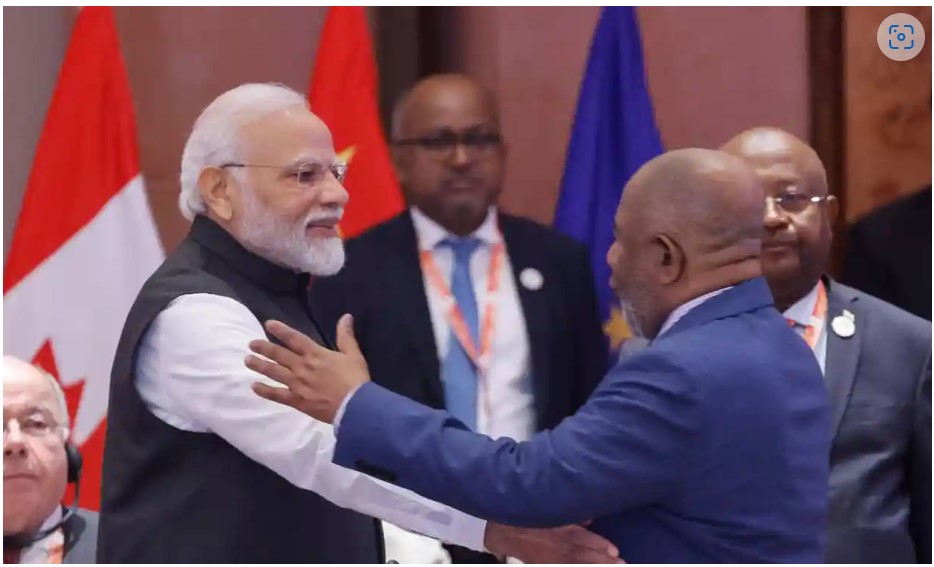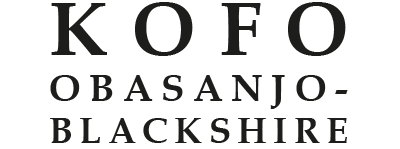The African Union (AU) has been made a permanent member of the G20. The Group of Twenty (G20) is an expansion of the G7, originally G8 until Russia’s expulsion in 2014 following its annexation of Crimea. The G7 was founded in 1975 as an informal forum bringing together the leaders of the world’s leading industrial nations: the United Kingdom, France, Italy, Canada, Japan, the United States and the European Union. The main purpose of the G7 is to discuss and sometimes act in concert to help resolve global problems, with a special focus on economic issues.
With the absence of China and India, the two largest countries from the ranks of the G7, and as developing countries began to emerge onto the global scene as significant economic powerhouses, the lack of a forum that included those economies became apparent. This prompted the creation of the G20 in 1999, comprising the G7 plus 12 additional countries: Argentina, Australia, Brazil, China, India, Indonesia, Republic of Korea, Mexico, Russia, Saudi Arabia, South Africa and Turkey.
G20 traditionally constitutes the world’s richest countries; its decision to welcome the AU is a bid to represent emerging and established (rich) economies of the world. Africa has been advocating for full membership for seven years, so why now? An acknowledgment of Africa’s centrality to discussions about climate change, food and energy security, migration and other issues. A continent of an estimated 1.4 billion people, which UN predictions forecast to double (or more) by 2050 can simply no longer be sidelined. A seat at the table of one of the world’s most influential forums ensures that African concerns and perspectives are considered.
A report 2023 report by the IMF found that sub-Saharan African countries pay higher refinancing costs and that being an African country is associated with increased borrowing costs. With a meaningful role in global bodies, Africa can negotiate reforms to a global financial system, including the World Bank and other entities, that forces African countries to pay more than others to borrow money, deepening their debt.
According to the IEA, the African continent is home to 60% of the world’s renewable asset and holds 30% of the mineral reserves needed for renewable and low carbon technologies. From Zimbabwe’s lithium-rich rocks to the Democratic Republic of Congo, with over half of the world’s cobalt, an essential metal for lithium batteries, Africa is a continent possessing enormous wealth in resources that the world needs to combat climate change, to which the continent contributes to the least, but is affected by the most. With G20 membership the AU can direct global attention to Africa’s unique developmental challenges, ensuring that a continent which is home to the world’s largest free trade area receives more attention and resources. Broader collaboration and partnership might be strengthened leading to more trade and investment opportunities.
In addition, membership of the G20 is a win for multilateralism. As members of an interconnected global village, Africa cannot solve its problems alone. The notion of African solutions to African problems means that Africans must be in the driving seat, guiding and directing the answers needed to address the continent’s issues. This cannot be achieved in isolation; global partnership and collaboration is needed for meaningful and effective solutions. With membership come responsibilities and the AU will be urged to demonstrate a more robust response to coups and other crises. Good governance must be ensured by all African countries and the African Union will have to act and speak in unison if it is to influence G20 decision-making and actions.
Partnership is the order of the day! The expansion of the BRICS group (Brazil, Russia, India, China and South Africa) with the admission of Iran, Saudi Arabia, Egypt, Argentina, the UAE and Ethiopia, may be perceived as an attempt to change the global world order and counterbalance the dominance of the US and its allies. On the other hand, a move that grants access to members of the ‘global south’ to participate in key discussions that impact them is progressive and must be welcome.


